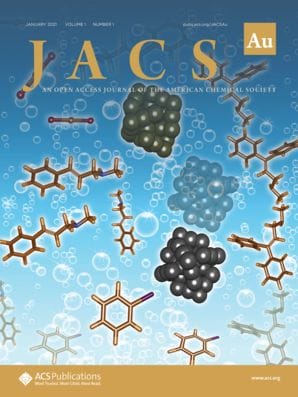We all are witnesses to the recent explosion of applications of machine learning in many branches of science. As a way to realize artificial intelligence (AI), machine learning itself has undergone three stages of progression, being deductive (1950s), knowledge-based (1980s), and data-driven (2000 to now). Undoubtedly, big data, i.e., the increasing accumulation of learnable data, […]

We all are witnesses to the recent explosion of applications of machine learning in many branches of science. As a way to realize artificial intelligence (AI), machine learning itself has undergone three stages of progression, being deductive (1950s), knowledge-based (1980s), and data-driven (2000 to now). Undoubtedly, big data, i.e., the increasing accumulation of learnable data, has enabled numerous recent scientific achievements through machine learning, highlighting the above progression of this field of science. Nowadays, machine learning has achieved significant successes in many disciplines, including mathematics, physics, materials science, environmental science, biology and medicine, as well as chemistry. Specifically, it has greatly boosted the measurement and characterization of chemical species and materials, the analysis and understanding of chemical data and simulation results, as well as the design and optimization of chemical reagents and reaction pathways.
Machine learning is an essential tool for chemists and engineers to predict or gain deeper understanding of chemical processes, allowing more rapid discoveries and providing access to possibilities only previously imagined. JACS Au is excited to announce the publication of its first Virtual Issue in this exciting area of chemistry.
Covering a wide variety of topics such as analytical chemistry, catalysis, diagnostics, drug discovery, proteins, reaction prediction, spectroscopy and so on, the 15 manuscripts in this collection highlight some of the exciting work in this subfield published by the journal, offering engaging insight into current and future directions of this work within the chemical sciences.
